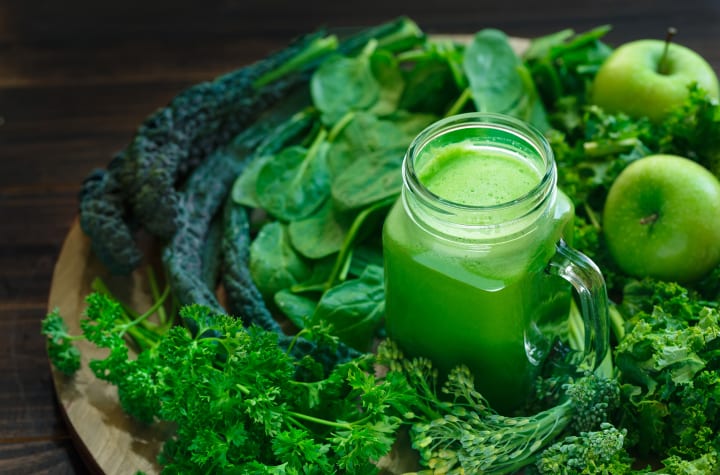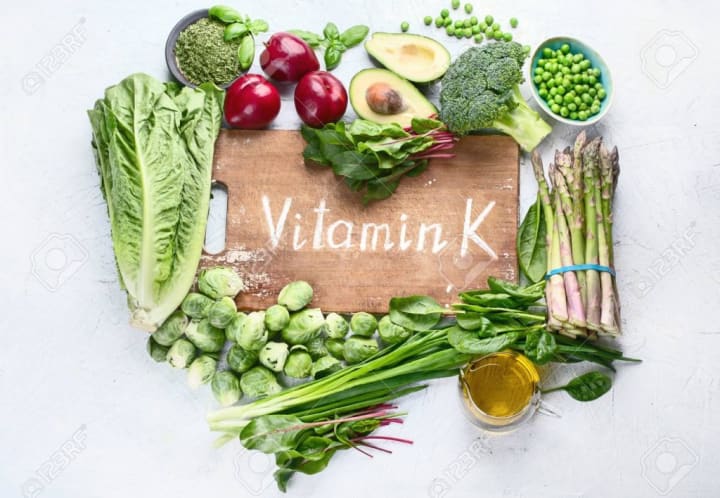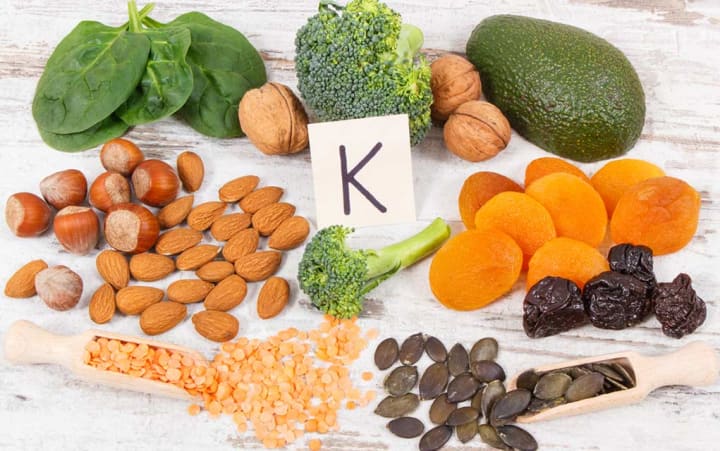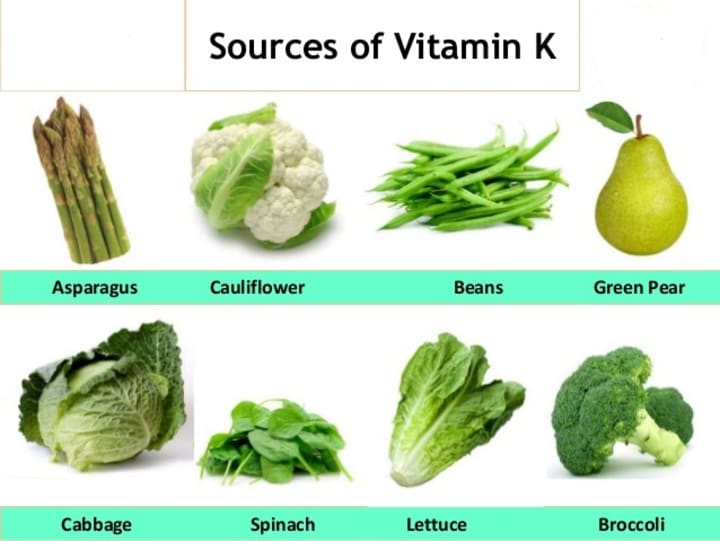Vitamin K: The Missing Link to Optimal Aging and Wellbeing
The Role of Vitamin K in Promoting Healthy Aging

As we age, our bodies undergo a lot of changes, and maintaining good health becomes increasingly challenging. However, recent research suggests that a simple nutrient, vitamin K, may hold the key to promoting healthy aging by influencing the interplay between diet, microbiome, and health.
Vitamin K is a fat-soluble vitamin that plays a crucial role in blood clotting and bone metabolism. It exists in two primary forms: K1 (phylloquinone) and K2 (menaquinone). While K1 is mainly found in leafy green vegetables, K2 is synthesized by bacteria in the gut and also present in fermented foods like cheese, natto, and sauerkraut.

Apart from its traditional roles in blood and bone health, vitamin K has emerged as a potential regulator of the gut microbiome, which refers to the community of trillions of microorganisms that reside in our digestive tract and affect our overall health. The gut microbiome has been linked to various health outcomes, including immunity, metabolism, inflammation, and even brain function.
Recent studies have shown that vitamin K deficiency can alter the composition and diversity of the gut microbiome, leading to dysbiosis (an imbalance of microbial species) and inflammation. Conversely, vitamin K supplementation or dietary intake has been found to improve gut microbiome health and function, thus promoting overall health and longevity.

One mechanism by which vitamin K may influence the gut microbiome is through its interaction with bile acids, which are produced by the liver to aid in fat digestion and absorption. Bile acids also act as signaling molecules that regulate various metabolic processes, including glucose and lipid metabolism. However, an imbalance in bile acid metabolism has been linked to metabolic disorders such as obesity, diabetes, and non-alcoholic fatty liver disease.
Studies have shown that vitamin K can modulate bile acid metabolism by promoting the production and secretion of secondary bile acids, which have been found to have anti-inflammatory and anti-obesity effects. Moreover, vitamin K has been shown to increase the expression of genes involved in bile acid transport and metabolism, thus improving the efficiency of bile acid recycling and reducing their toxic effects on the gut epithelium.
Click here to give your metabolism a boost!
Another way in which vitamin K may affect the gut microbiome is through its interaction with the vitamin D receptor (VDR), a nuclear receptor that regulates various physiological processes, including bone metabolism, immunity, and inflammation. Vitamin K has been found to activate the VDR pathway, leading to the production of antimicrobial peptides that help to maintain gut barrier integrity and prevent infection.

Moreover, vitamin K has been shown to influence the expression of genes involved in the synthesis and metabolism of short-chain fatty acids (SCFAs), which are produced by gut bacteria and provide energy to colonocytes (cells lining the colon). SCFAs also act as signaling molecules that regulate various physiological processes, including glucose and lipid metabolism, inflammation, and satiety.

Studies have shown that vitamin K deficiency can reduce the production and availability of SCFAs, leading to gut dysbiosis and metabolic dysfunction. Conversely, vitamin K supplementation or dietary intake has been found to increase the production and availability of SCFAs, thus improving gut health and metabolic function.
Click here to give your metabolism a boost!
While the exact mechanisms underlying the relationship between vitamin K, the gut microbiome, and health are still being explored, the evidence suggests that vitamin K plays a crucial role in promoting healthy aging by supporting gut microbiome health and function. Therefore, ensuring adequate vitamin K intake through a balanced diet or supplementation may be a simple yet effective strategy for maintaining good health and preventing age-related diseases.

To conclude, vitamin K is a vital nutrient that has been shown to influence the gut microbiome, bile acid metabolism, VDR signaling, and SCFA production. These effects may contribute to the overall health and longevity of individuals. Therefore, it is essential to ensure adequate vitamin K intake through dietary sources or supplements, especially as we age. By unlocking the power of vitamin K, we may be able to promote healthy aging and prevent age-related diseases.
Disclaimer: This article contains affiliate links.





Comments
There are no comments for this story
Be the first to respond and start the conversation.